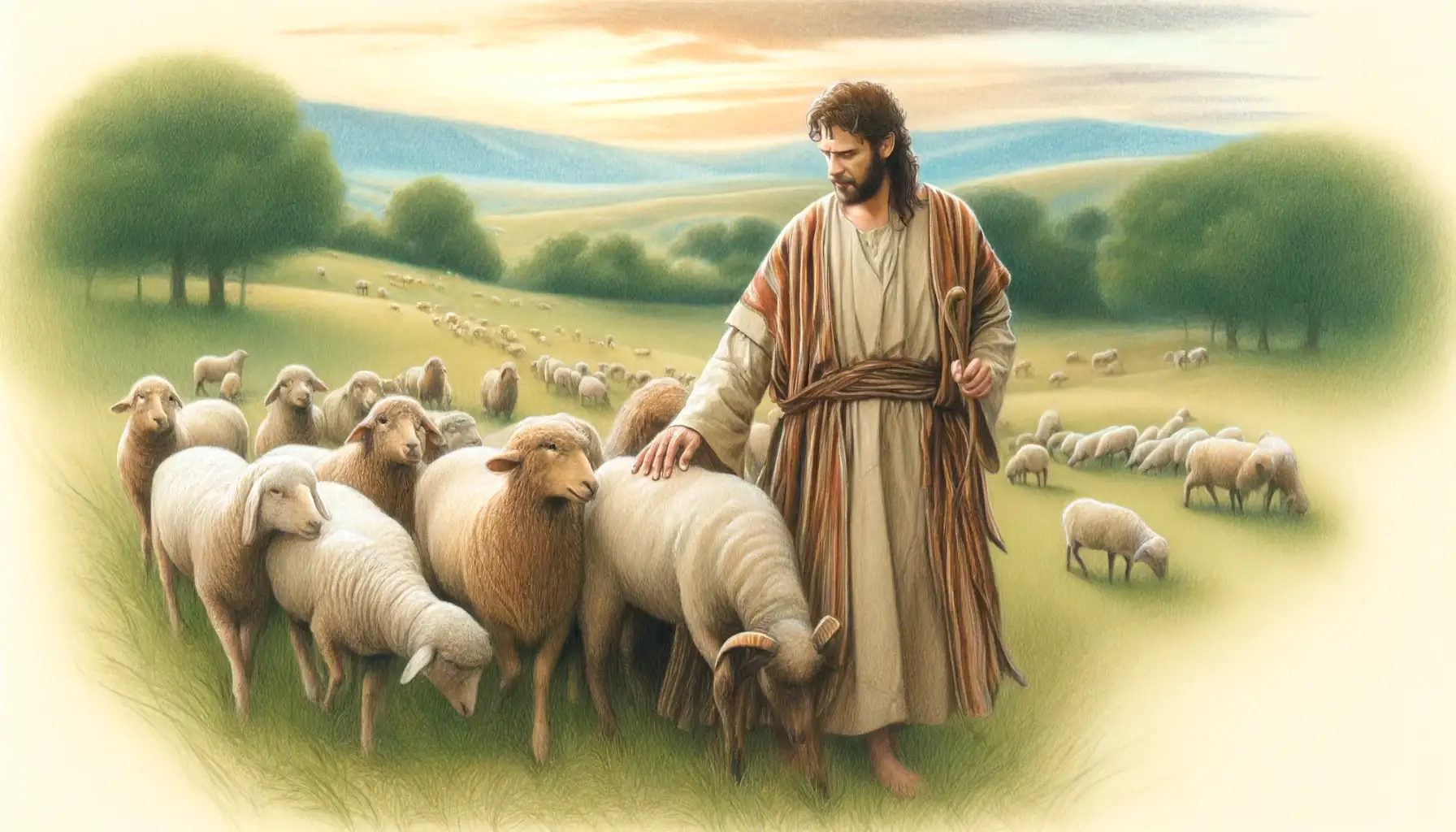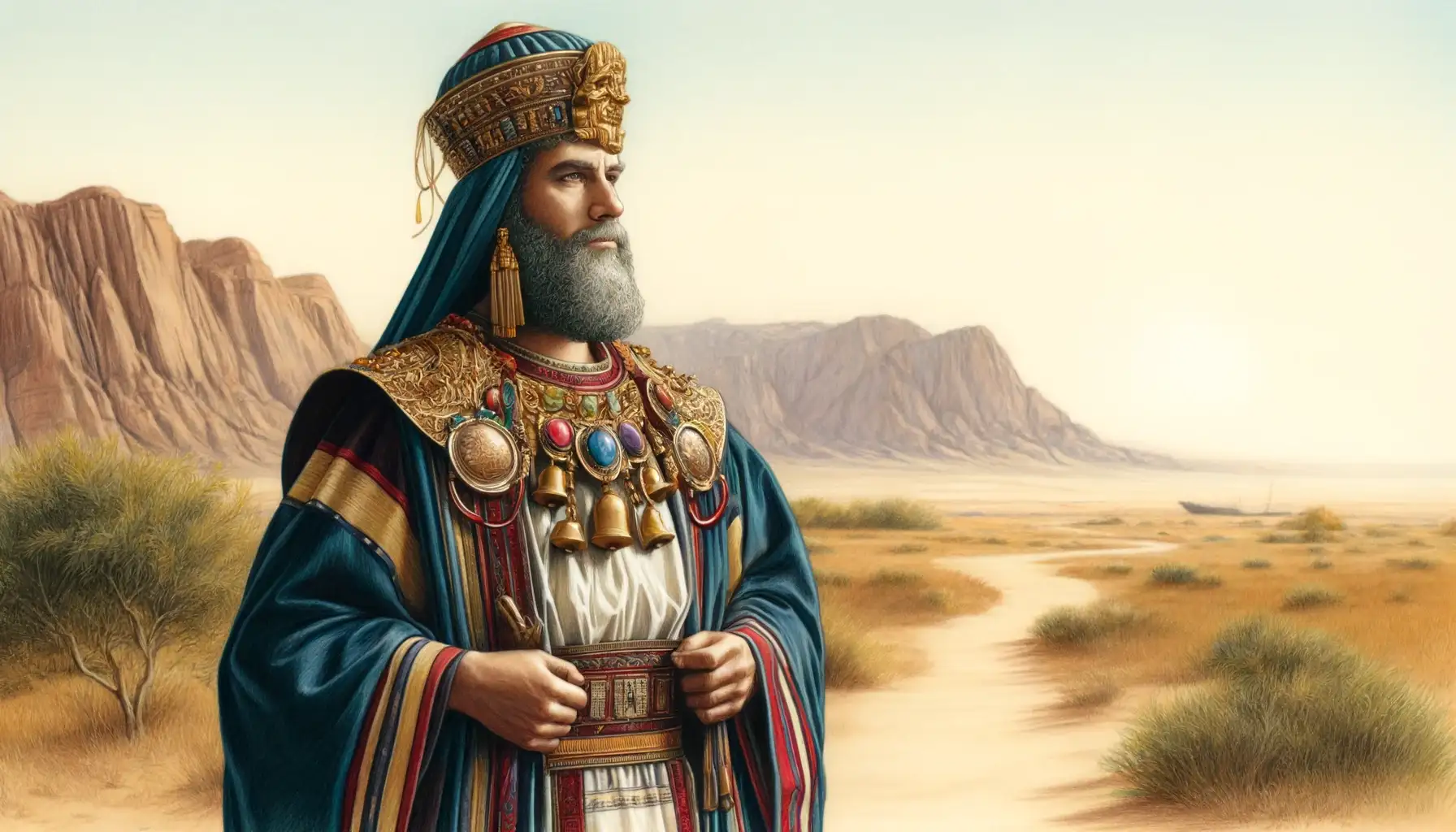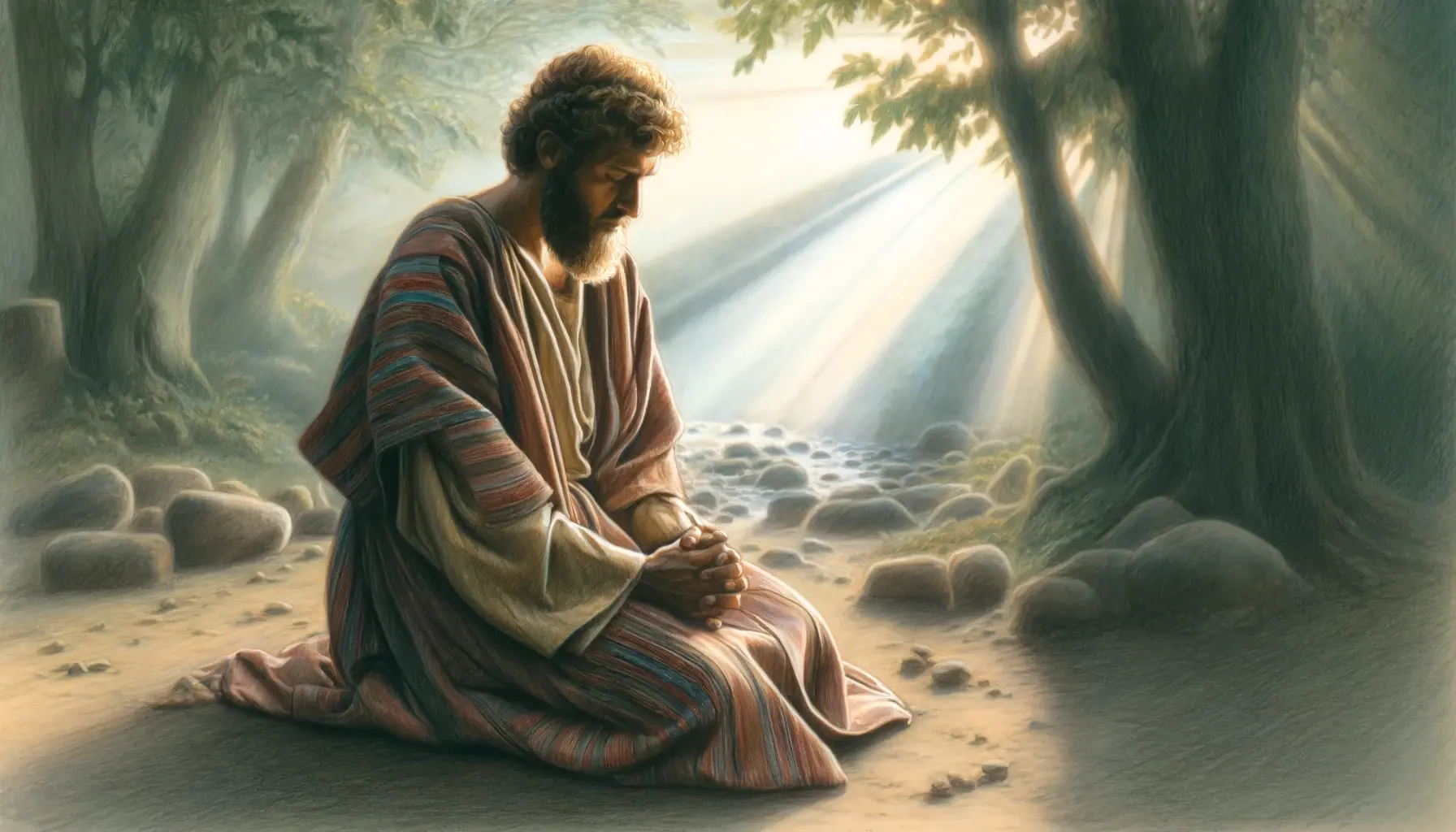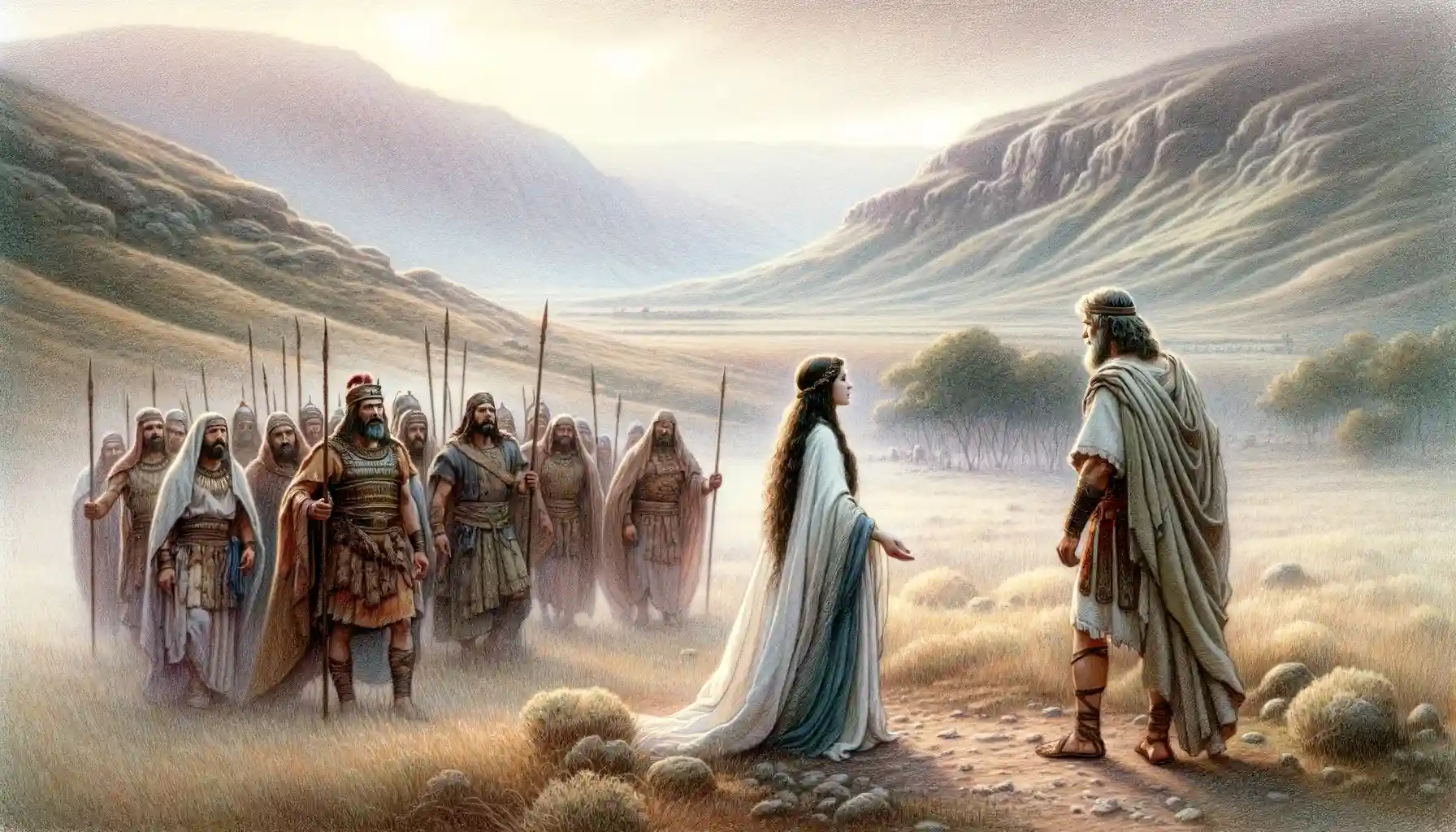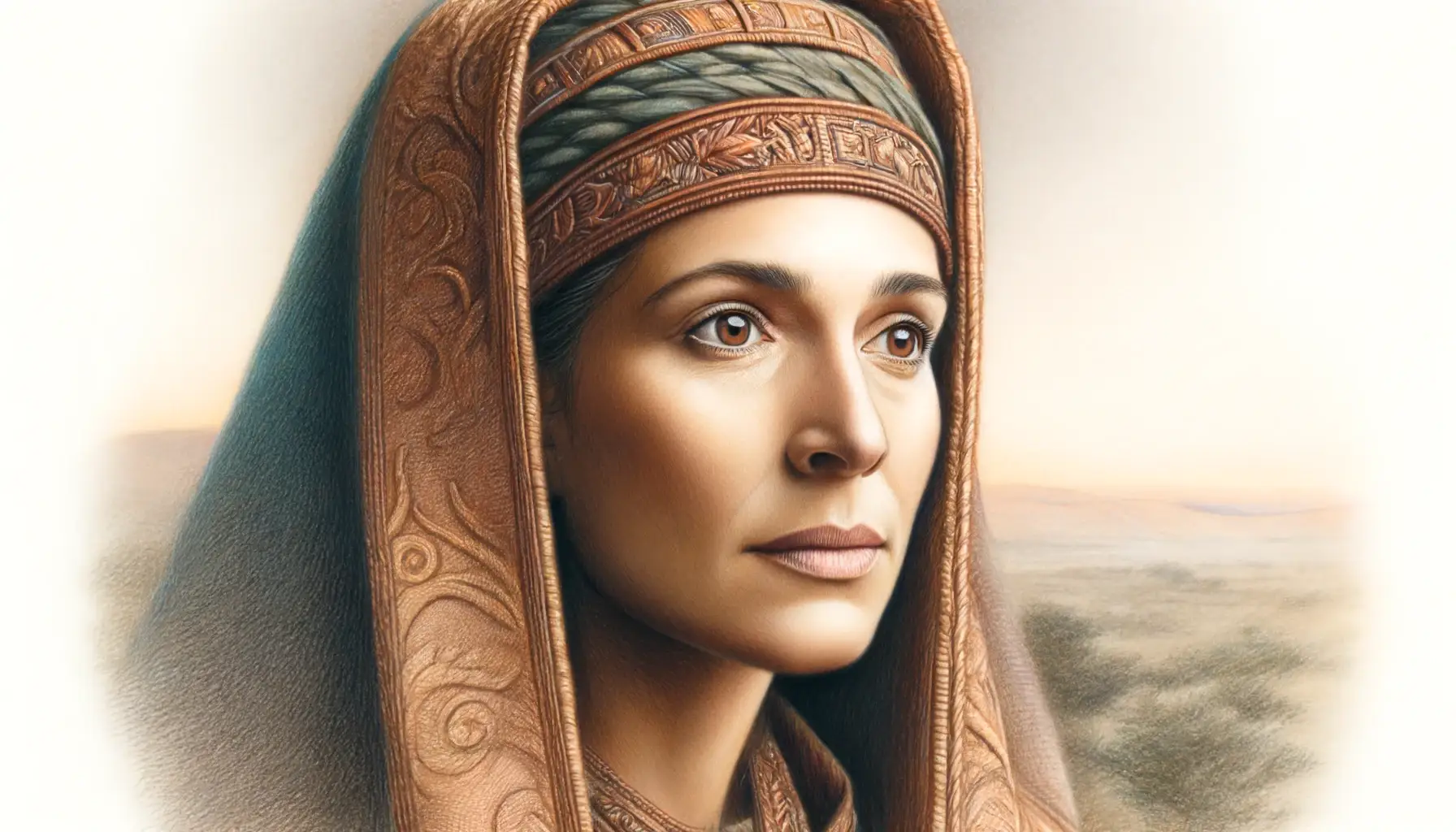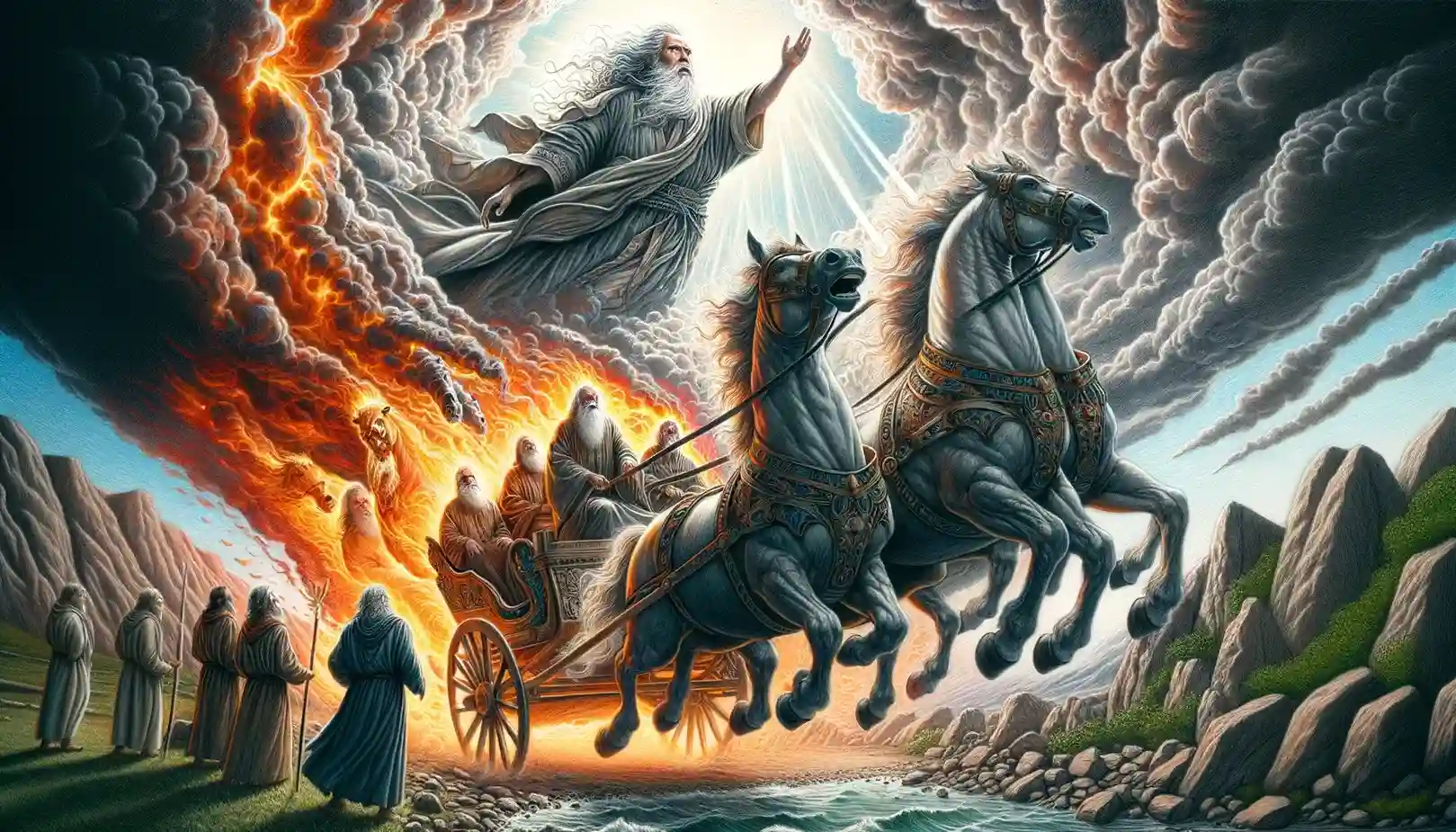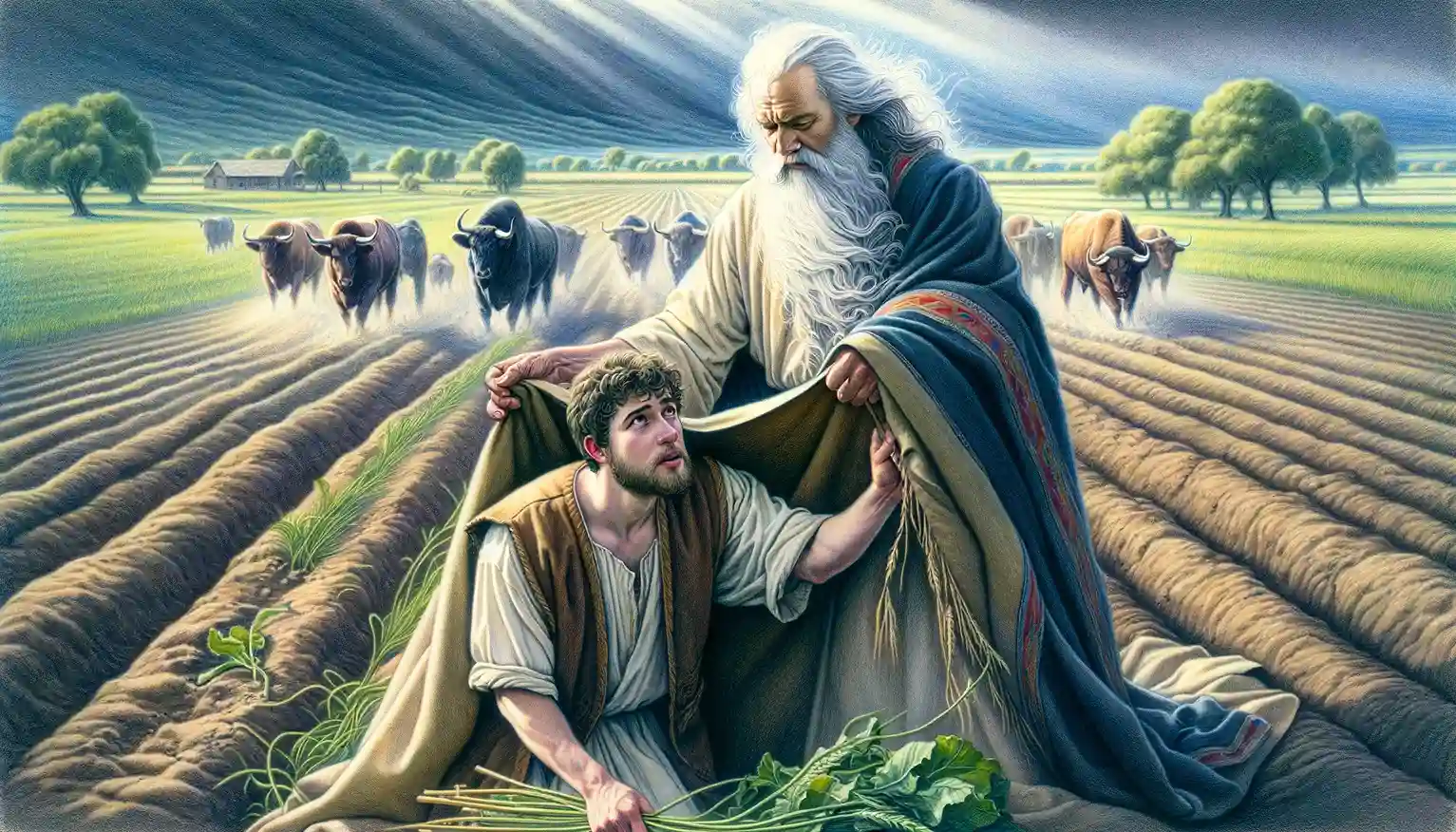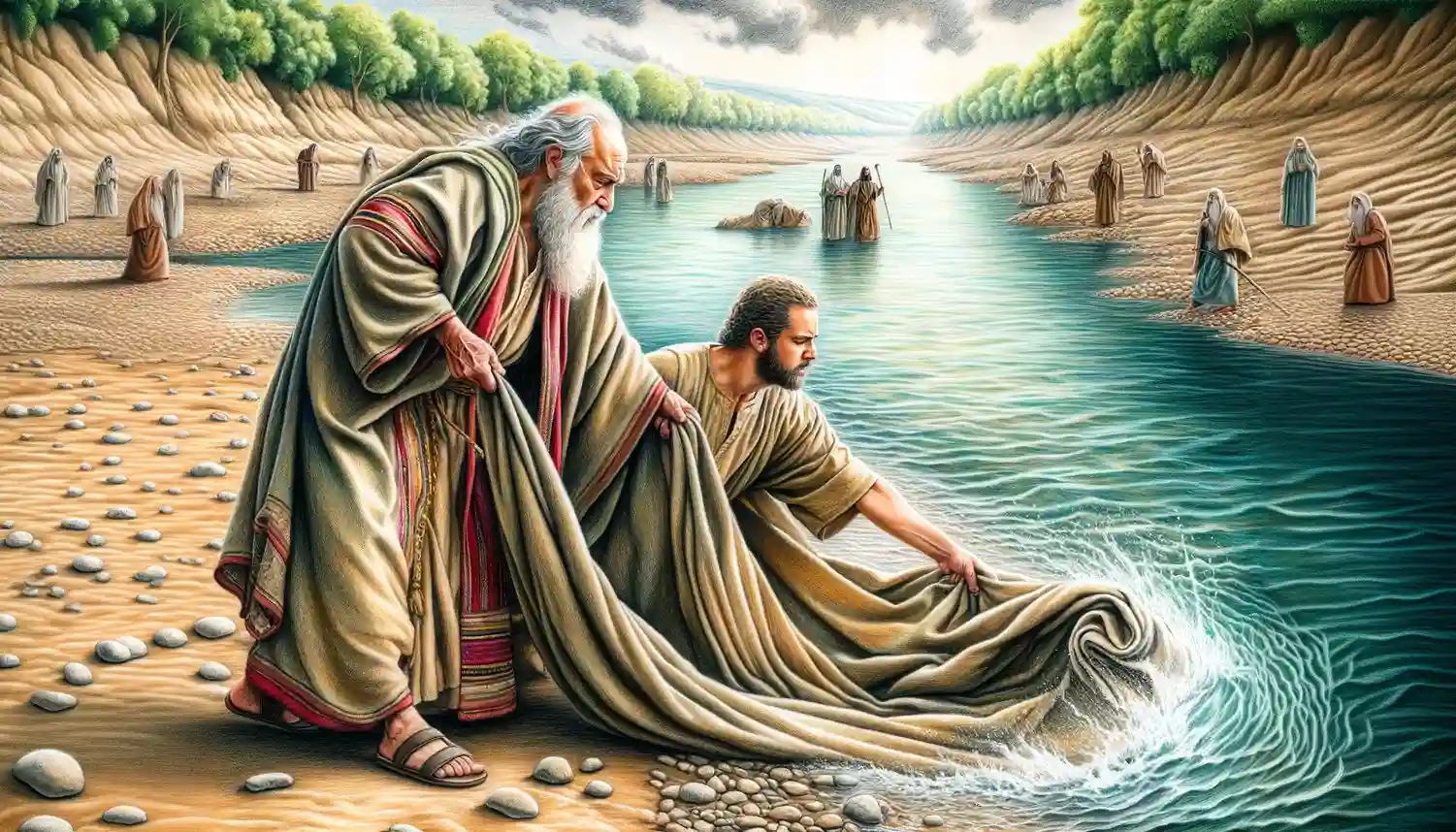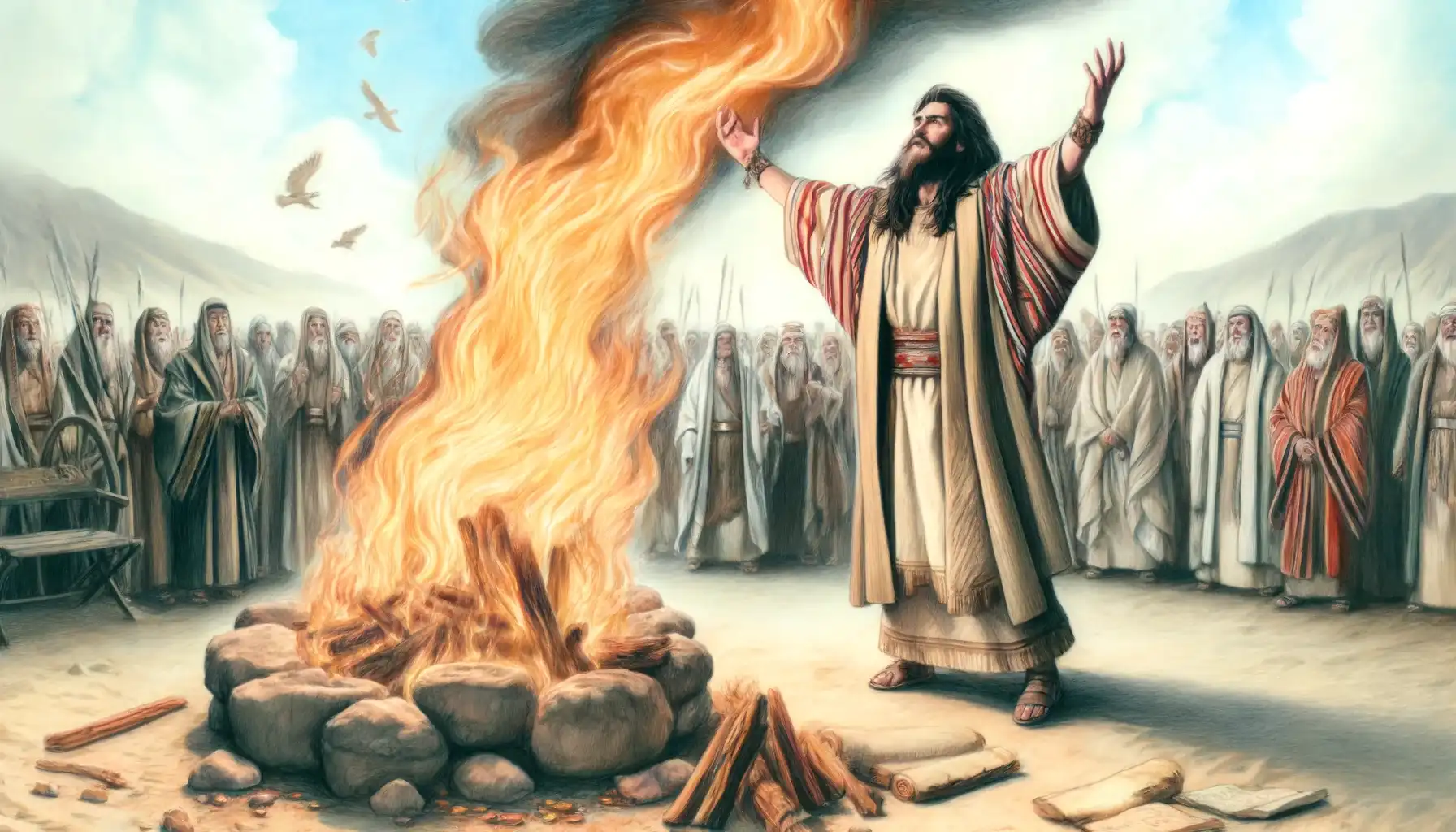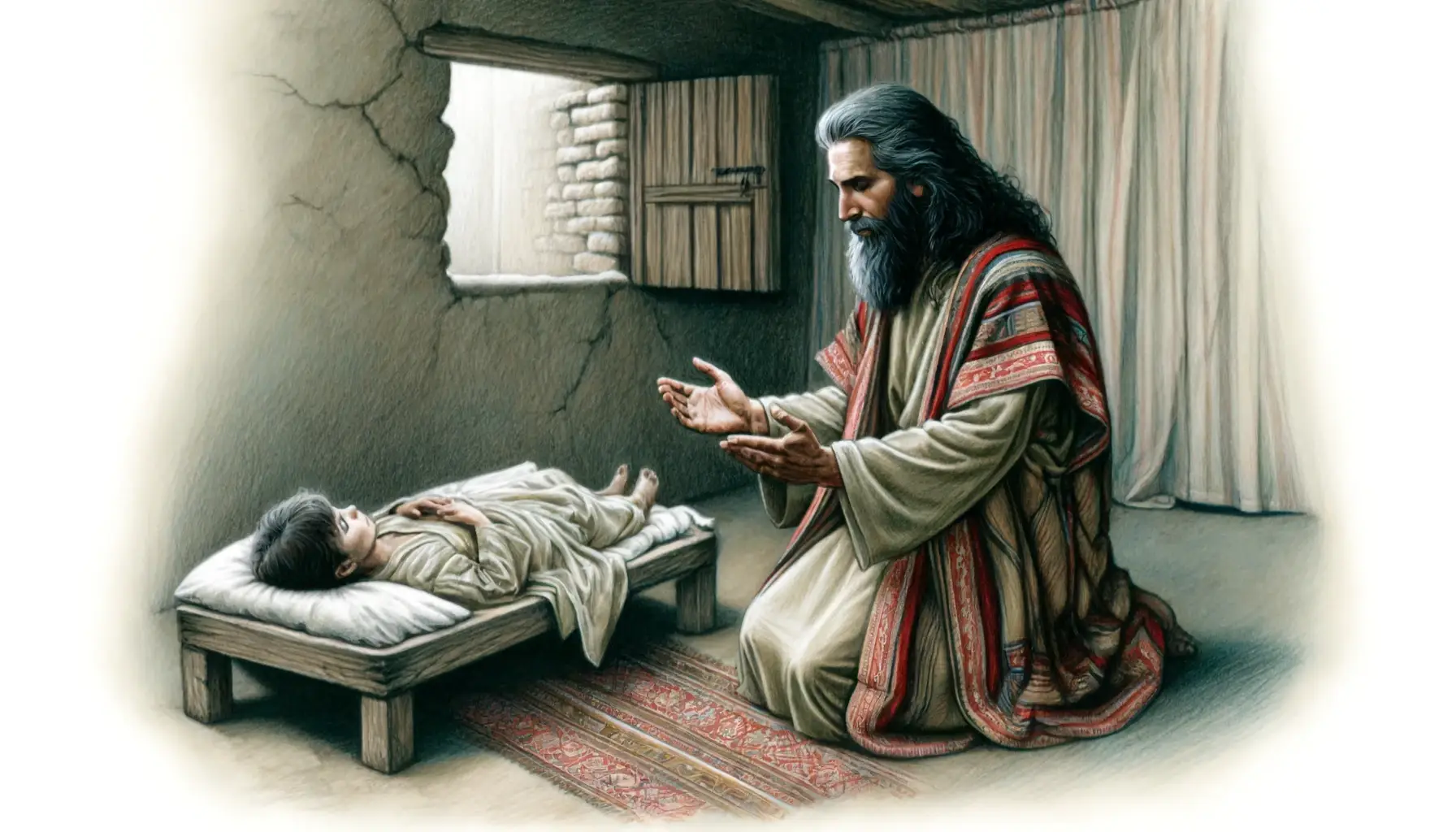Abel’s brief narrative highlights profound themes of innocence, sacrifice, jealousy, and divine justice, which resonate throughout the Biblical text and Christian theology.
Aaron’s life and ministry were foundational in shaping the liturgical and communal identity of Israel. His legacy is marked by both his leadership in worship and the complexities of his human vulnerabilities.
David’s prayers in the Psalms, especially those for forgiveness, offer a poignant insight into his profound spirituality and his deep understanding of the nature of sin, repentance, and the mercy of God.
Abigail is celebrated in the biblical narrative for her quick thinking, wise speech, and acts of diplomacy that not only saved her household from destruction but also led to her becoming the wife of King David.
Deborah’s role in biblical history is not only a testament to her own strength and wisdom, but it also highlights the themes of faith, obedience, and God’s providential care for Israel, encouraging reflection on the nature of God’s governance, the role of women in society, and the dynamics of faith and leadership.
Elijah’s ascension to heaven in 2 Kings 2:11, marked by a whirlwind and preceded by the appearance of a chariot and horses of fire, signifies his special status among prophets through a unique and dramatic departure, underscoring divine approval of his ministry and foreshadowing the continuation of prophetic power and authority through his successor, Elisha.
In 1 Kings 19:19-21, Elijah, following divine instructions, calls Elisha to succeed him by placing his mantle on him while he is plowing in the fields, a gesture that Elisha responds to by sacrificing his oxen and burning his plowing equipment, symbolizing his total commitment to the prophetic mission and marking a pivotal transition in the continuity of prophetic leadership in Israel.
The Parting of the Jordan River by Elijah, described in 2 Kings 2:8, marks a crucial moment in biblical narrative, where Elijah, using his cloak, miraculously parts the waters, allowing himself and his successor Elisha to cross on dry ground, symbolizing the transition of prophetic authority and demonstrating God’s enduring support for His prophets.
In the dramatic episode on Mount Carmel, as detailed in 1 Kings 18:36-38, Elijah calls down fire from heaven to consume a water-drenched sacrificial offering, decisively demonstrating Yahweh’s supremacy over Baal and significantly impacting Israel’s religious landscape by reaffirming monotheistic worship and the authority of God’s prophetic messenger.
In the narrative of 1 Kings 17:17-24, Elijah raises the widow’s son from the dead in Zarephath, showcasing God’s supreme power over life and death, and reinforcing the prophet’s authority as a true messenger of Yahweh, thereby deepening the widow’s faith and illustrating the reach of God’s miraculous intervention beyond Israel.

